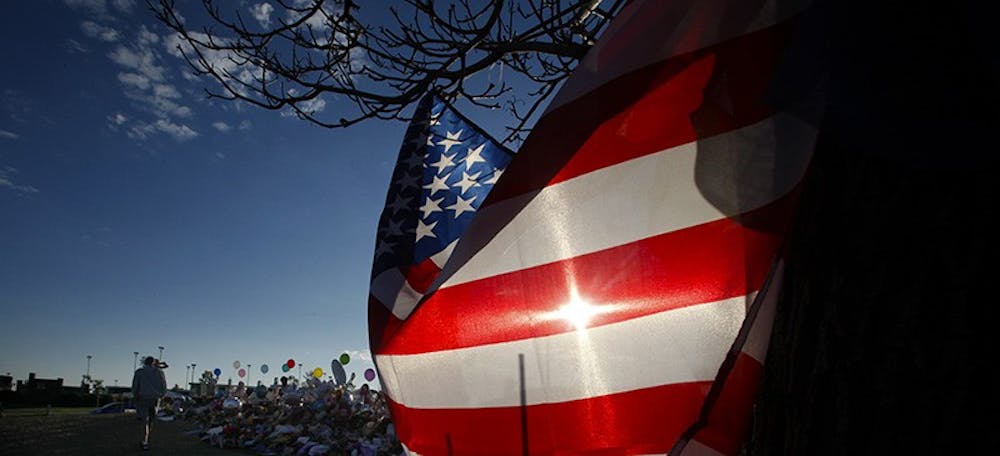As any investigative journalist knows, anonymous sources can be crucial to writing a good story. That’s what Fox News reporter Jana Winter was considering when she covered the Aurora, Colo. shootings and spoke to law enforcement agents who wished to remain anonymous. She is now on trial and being pressured to name her sources, potentially setting a precedent that inhibits journalists from gathering crucial information.
Winter’s article included the accusation that gunman James Holmes sent a notebook to a psychiatrist detailing his plans to commit mass murder. Holmes’s lawyers are arguing whoever provided the information to Winter violated the gag order in the case, preventing their client from having a fair trial.
If Winter is forced to reveal her sources, it will be a huge step backwards for journalists. Anonymous sources should be protected. If they are not, they will be less likely to reveal important information, meaning journalists won’t be able to gather all the facts.
Colorado is one of 40 other states that have a “shield law.” This law allows reporters to protect their sources based on the First Amendment and the freedom of the press. In this case, as with other cases dealing with shield laws, if the court decides the need to identify the source outweighs Winter’s journalistic intent, the judge can either force her to reveal her sources or put her in jail if she refuses to do so.
A journalist’s job is to report in the public interest. Winter investigated, found the scoop and broke a national news story. She shouldn’t be facing jail time for doing her job and for doing it well.
Where would our nation be if Woodward and Bernstein never talked to Deep Throat — the mysterious source that led them to expose Watergate? Many great investigative journalists have benefited from anonymous sources. If sources don’t feel safe divulging information to journalists, the entire framework of reporting will fall apart. If Winter is compelled to testify, no source will feel completely comfortable speaking to a reporter again.
George Orwell once said, “Journalism is printing what someone doesn’t want you to print. All the rest is public relations.” If journalists can’t rely on sources to tell them the truth, what implications would this have for the journalism field? Most people aren’t willing to risk their careers, reputations or safety simply to help break a story.
Winter may end up choosing jail time over testifying against her sources, but how many reporters are willing to go to such lengths? How many people are willing to put their fate in the hands of someone who would have to chose between jail time and giving up their source?
In 1972 the Supreme Court heard the case of Branzburg v. Hayes, a similar situation in which a reporter was being forced to reveal her sources. In a fiercely debated decision, the court ruled reporters were not entitled to special privilege, but in order for a subpoena to have merit, the government must "convincingly show a substantial relation between the information sought and a subject of overriding and compelling state interest.” In this case, there is no reason Winter should be forced to reveal her sources. It will not have any bearing on the case. If the judge wants to punish the officer for jeopardizing the defendant’s right to a fair trial, he can continue questioning the officers, but Jana Winter should not be on trial.


